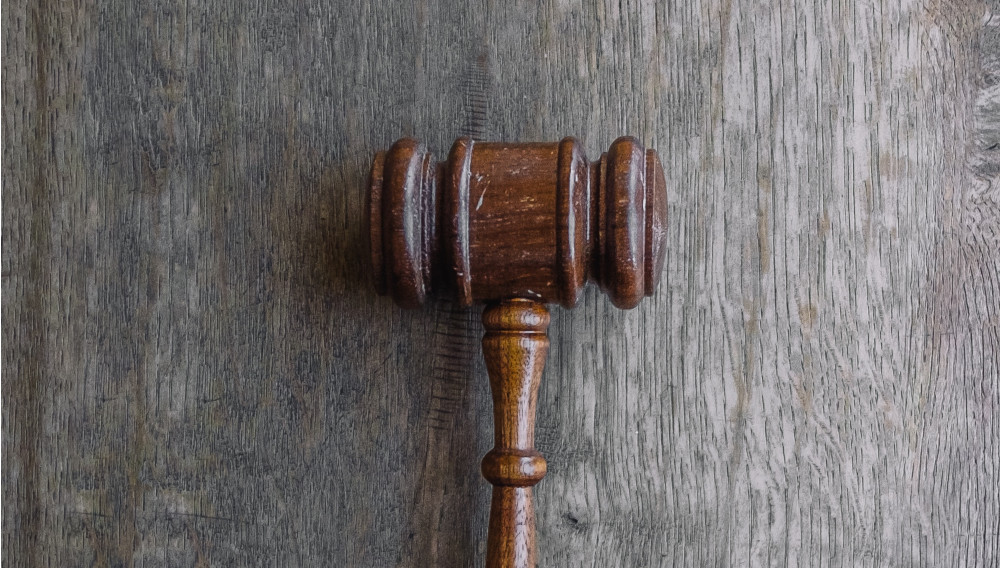US brewer Founders and ex-employee settle racial discrimination lawsuit
USA | Michigan’s brewer Founders and its former employee Tracy Evans have agreed to settle their lawsuit on 31 October 2019. Terms were not disclosed. Mr Evans alleged that Founders tolerated a racist corporate culture, and that he was fired because he had complained to HR about racism on staff.
Only a week before, Founders’ co-founder, Dave Engbers, had insisted that he was confident that Founders will win the racial discrimination lawsuit. But as anger mounted across the craft beer community, and national media took up the story, prompting the brewer to pull out of the popular Fall Beer Festival in Detroit and close its Detroit taproom “until further notice”, over fears for employee safety, Founders was faced with a veritable PR disaster. It quickly changed tack and went for a settlement.
As the UK’s newspaper The Daily Mail has the story, Mr Evans was hired at Founders’ Grand Rapids brewery in 2014, as a packaging machine operator. He later transferred to its Detroit location, where he was fired in June 2018. At both of the locations, Mr Evans claims, he was either called the N-word by a co-worker, or a colleague used the racial slur around him. He filed his suit in August 2018.
Founders has repeatedly denied the claims and defended its corporate culture.
In January this year, Founders hired a diversity and inclusion director, Graci Harkema.
However, the weekend of 25/27 October 2019 saw an escalation of the matter when Ms Harkema suddenly resigned from her position and posted a statement on the internet, in which she accuses the company’s leadership of only being “concerned with winning the lawsuit” and not in her suggestions to amend a flawed corporate culture.
Worse still, the transcript of a deposition of a manager at Founders’ Detroit taproom was leaked, in which the manager repeatedly refuses to answer the question of whether he was aware that Mr Evans was Black. The Detroit Metro Times ran an article about the deposition with the headline: “Founders Brewing manager claims he didn’t know Black employee is Black.”
The fallout was immediate. Founders was criticised on social media, which is not surprising, while some Michigan bars and retail shops reportedly stopped selling Founders beers.
Mr Engbers and his co-founder Mike Stevens released a statement on 31 October, saying they are “pleased” (why not say “glad”?) the case has been settled and that they can now “focus on the future”.
“Through recent discussions with Tracy we listened, engaged in self-discovery, and reached common ground to make amends,” the statement reads. “We agreed that nobody be viewed at fault here. Most importantly, this serves as an opportunity to place our full attention on the work we now have to do, as a company of more than 600 dedicated team members, to rebuild our relationships.”
In addition, Mr Stevens and Mr Engbers said they are dedicated to bringing diversity and inclusion to Founders and that every employee should be “valued, respected and safe.” The company is also looking to replace its diversity and inclusion director. Founders added it has no further comment on the case.
Although the case is legally resolved, the matter of whether the public’s perception and support of Founders have been affected in the long-term remains to be seen. That is a question Founders’ owner, Spanish beer and beverage company Mahou San Miguel, will surely ask themselves.
Only in September, Mahou San Miguel had increased its stake in Founders to 90 percent, having held a 30 percent stake since 2014. Mr Stevens and Mr Engbers have each retained a 5 percent stake and lead the management team.
Founders ranks 14th largest among US craft brewers, although it does not qualify as an independent craft brewer any longer. It produced about 660,000 hl beer in 2018, a threefold increase over 2014. In April this year, Founders and Mahou San Miguel jointly purchased 40 percent of craft brewer Avery, from Denver, hiking Mahou’s earlier stake in Avery to a total of 70 percent.
Authors
Ina Verstl
Source
BRAUWELT International 2019

